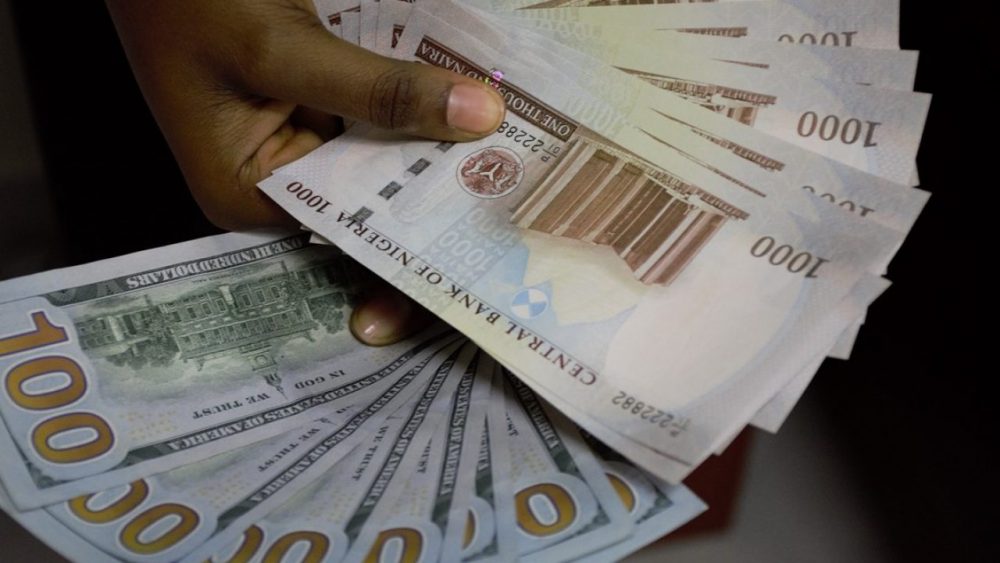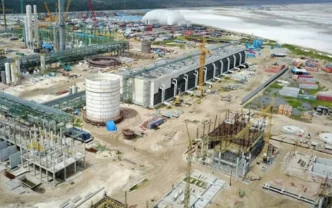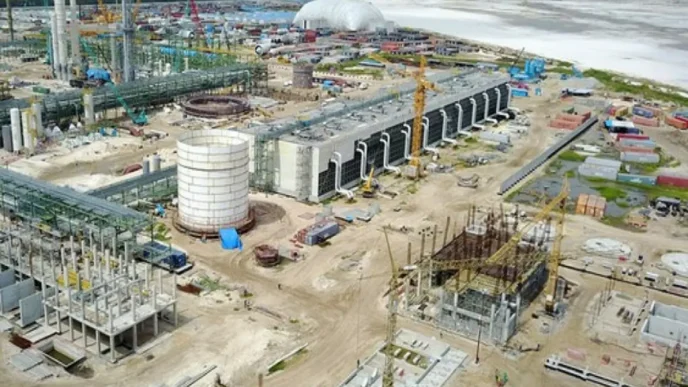The Centre for the Promotion of Private Enterprise (CPPE) has said Central Bank of Nigeria (CBN), under Governor Olayemi Cardoso, has improved transparency and efficiency in the foreign exchange (FX) market through ongoing reforms.
Gatekeepers News reports that in a statement on Sunday marking Cardoso’s two years in office, CPPE’s chief executive, Muda Yusuf, commended CBN for restoring credibility, strengthening governance, and stabilising the economy. He, however, noted that key financing challenges remain unresolved.
According to Yusuf, Nigeria’s financial system has long struggled with weak corporate governance, distortions in the FX market, limited access to affordable credit, and heavy reliance on monetary financing, all of which contributed to inflation and economic instability.
The CPPE official said the Cardoso-led CBN has tried to correct these issues by prioritising transparency and discipline.
Yusuf noted that one major achievement, is the unification of the FX market, which ended multiple exchange windows, adding that this has reduced arbitrage, improved transparency, and attracted more inflows.
He also credited the CBN with stronger institutional governance, better risk management, and steps to recapitalise the banking sector.
Yusuf acknowledged that measures such as interest rate adjustments and liquidity management have helped slow inflation and improve stability. But he warned that high interest rates and tight credit policies are hurting the real sector.
He pointed to the current 27.5% monetary policy rate (MPR) and 50% cash reserve ratio (CRR) as obstacles to affordable loans, especially for manufacturing, agriculture, real estate, SMEs, and construction.
The CPPE boss stressed that structural gaps in financing remain, particularly in infrastructure and long-term funding. He said, “Sectors like agriculture, industry, and real estate lack access to affordable long-term capital,”
Yusuf urged the CBN to introduce credit guarantee schemes, concessional loans for SMEs, and long-term financing instruments. He also advised a gradual easing of monetary policy as inflation continues to slow, to allow businesses easier access to credit.
He further recommended combining monetary measures with supply-side policies to fight inflation, while deepening financial reforms to mobilise domestic capital.
The CPPE boss also called for stronger legal safeguards for CBN’s autonomy, improved policy communication, and broader consultations with industry stakeholders.
While praising the gains so far, Yusuf said the next stage of reforms should strike a balance, supporting economic growth while maintaining stability.










